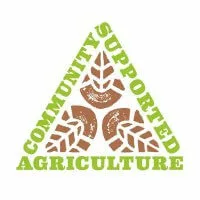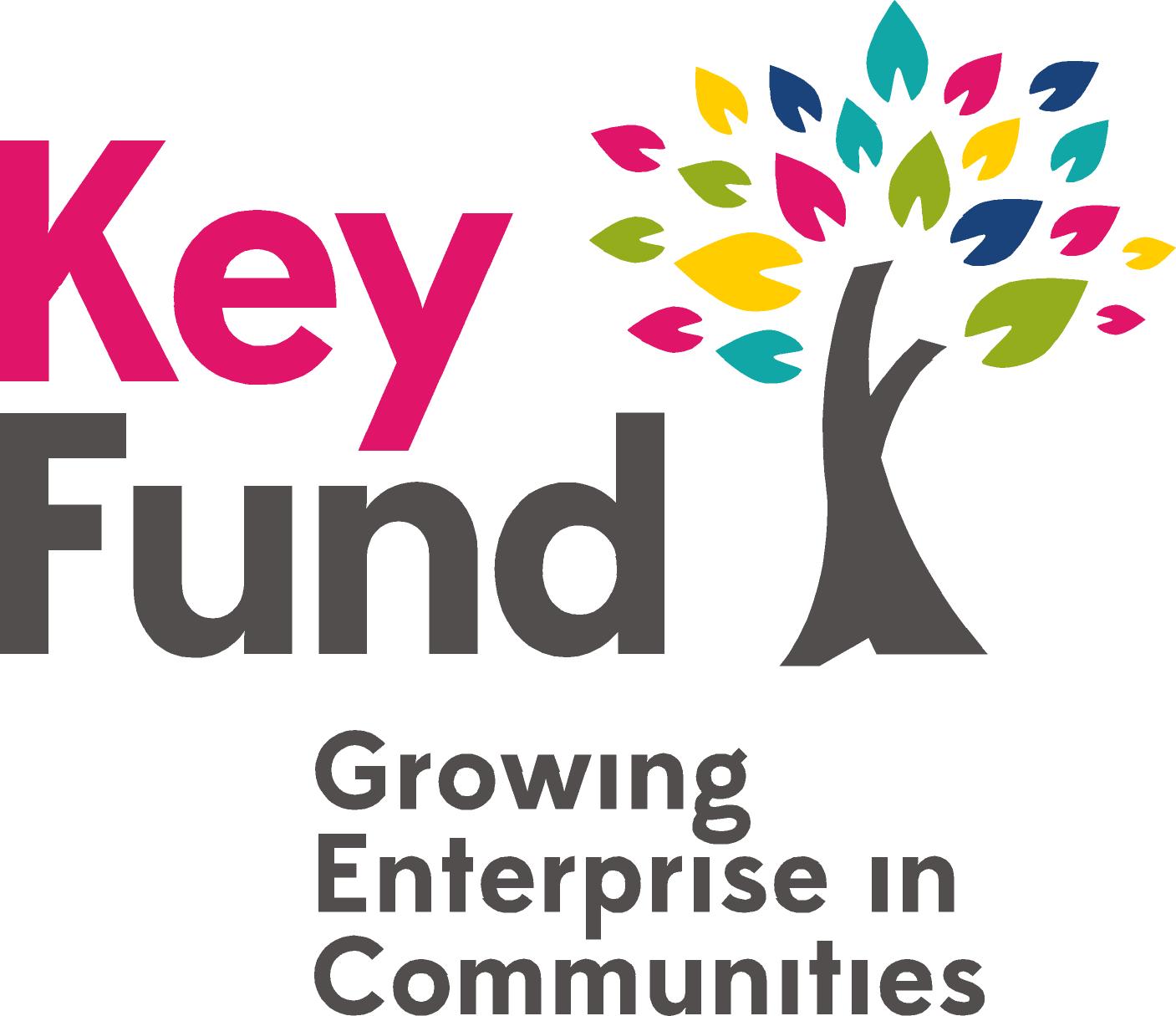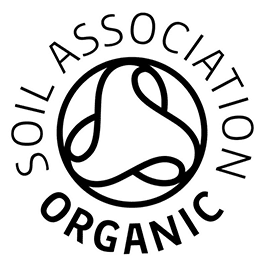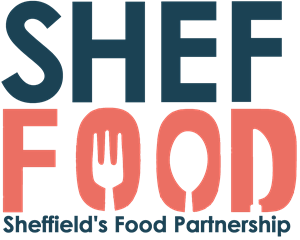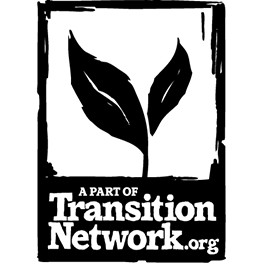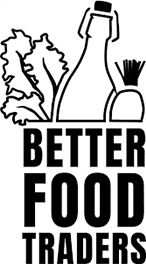
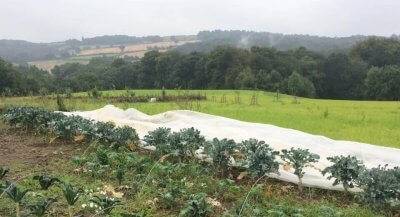
Here at Regather we like to champion things we believe in. For the veg box team that means three things: local, seasonal organic. Organic can mean many things but in the context of selling fruit and vegetables when we talk about organic we refer to the process of organic certification.
We thought now was a good time to talk about it as we near the end of the Soil Associations ‘Organic September’ month of campaigning
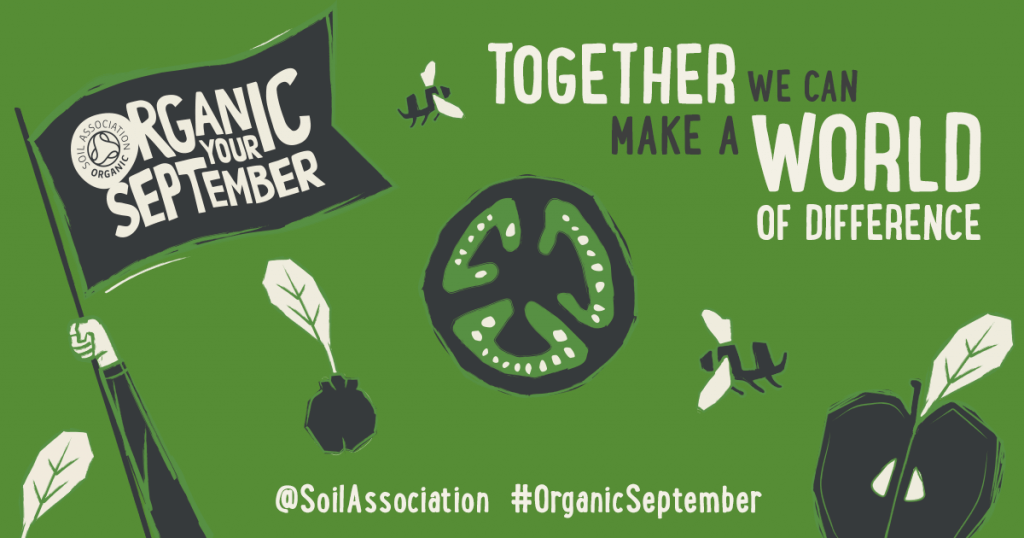
What is Organic Certification?
The Soil Association are the UK’s largest certification body and this is what they have to say:
“Any product sold as ‘organic’ in the EU has to comply with a set of standards. Products certified to these standards can use the EU Green Leaf organic symbol or the Soil Association organic symbol (only if certified to Soil Association organic standards) on their packaging – an assurance to customers that what they’re buying is genuine and fully traceable back to the farm.”
Ok straightforward enough…
That’s not to say that there aren’t fantastic growers, makers and producers doing an as good if not better job than what the standards outline who aren’t certified, indeed there are many, but for those that want to use the term organic in their marketing then there needs to be standards which can be set out and followed by the producer and checked and trusted by the consumer.
At Regather we’d been working with fantastic local organic farmers and suppliers since we got the veg box up and running. But, as we move into our own production on the Regather Farm (yes we are starting a farm…very exciting..watch this space…or follow @regatherdoug on Instagram for more news) we decided it was time to certify the box scheme as well. Indeed having certified organic land to grow on but not keeping our veg box certified too didn’t make sense to us.
In August 2018 we applied to certify both the field we are renting and the veg box scheme. We decided to certify with the Soil Association, as we’ve worked with them in the past. Paper work was completed, fees were paid we awaited our first inspection. After our first inspection we set about making changes to our operations – thankfully for the veg box this meant changing very little as we were already pretty well up to scratch. A few more organised record keeping systems were easily implemented and we changed a horrible cleaning spray to a much nicer one from Bio D who have excellent environmental credentials.
Most of what is required as part of compliance with the organic standards is rigorous record keeping. If we say we are selling organic carrots from a local farm how do we prove it? If we say we are selling imported Itlain Kiwi’s when UK fruit is out of season, then how can we prove it? Records of what has come in and what has gone out in terms of produce are key. It’s the same as a producer. Can we prove all our seed is certified organic, and can we prove all our compost is certified organic. If we produced ‘x’ amount of Kale, can we say we have, and document where it has gone. This can sound like a lot to do but all the records fit in nicely with running our business in an efficient organised way so it’s something we should be aiming for anyway.
In the spring on 2019 we were slightly surprised when a knock of the door of the veg box packing room was made by an unannounced visit from the Soil Association inspection team! Fair enough, spot inspections make the whole thing work and mean that there’s no funny business going on to cheat the system.
I think all on the box team can be proud in that we passed the inspection with full compliance – no changes needed! Pats on the back all round.
Full certification for the field won’t be until August 2020. Until then we can (proudly) sell our produce as ‘In Conversion’ so customers know you are on your way to be fully certified organic. Veg production has started on the field and harvesting has only just begun so make sure you keep reading your newsletter to find out if you’ve got any of our produce in the boxes.

